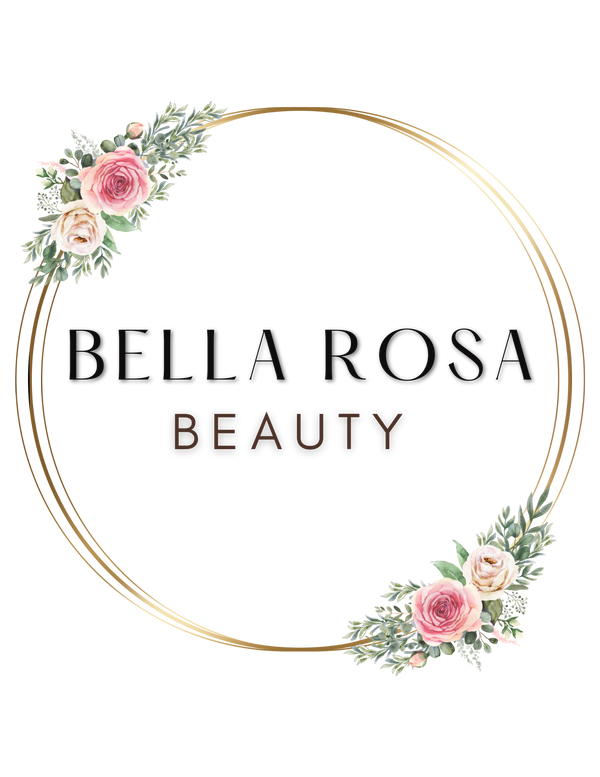In the realm of skincare, the choice between synthetic and natural preservatives has become a focal point, raising questions about safety, efficacy, and environmental impact. Preservatives play a crucial role in maintaining the shelf life of skincare products, preventing the growth of harmful microorganisms. In this article, we unravel the complexities of synthetic and natural preservatives to empower consumers with the knowledge needed to make informed decisions about their skincare regimen.
Understanding Preservatives
Preservatives are essential components in skincare products designed to inhibit the growth of bacteria, mold, and yeast, ensuring the product remains safe for use over time. Synthetic preservatives are chemically formulated compounds such as parabens, formaldehyde-releasing agents, and phenoxyethanol. These have proven efficacy but have raised concerns about potential health risks, prompting a shift in consumer preferences.
Natural preservatives, derived from plant-based sources, include tocopherol (vitamin E), rosemary extract, grapefruit seed extract, and essential oils like tea tree and lavender oil. These alternatives are considered safer and environmentally friendly, appealing to consumers seeking holistic skincare solutions.
Synthetic Preservatives: Balancing Act
-
Parabens: Methylparaben and propylparaben are common synthetic preservatives with antimicrobial properties. However, concerns about their potential links to hormonal disruption and health issues have led consumers to seek alternatives.
-
Formaldehyde-releasing Agents: Compounds like DMDM hydantoin release small amounts of formaldehyde to prevent microbial growth. Despite their effectiveness, formaldehyde is a known irritant, raising health and safety concerns.
-
Phenoxyethanol: Widely used in skincare, phenoxyethanol has a broad spectrum of antimicrobial activity. Its safety depends on the concentration used, making it crucial for consumers to be aware of product formulations.
Natural Preservatives: A Greener Approach
-
Tocopherol (Vitamin E): Besides its antioxidant properties, tocopherol helps preserve the stability of oils and fats in skincare formulations, offering a natural alternative to synthetic preservatives.
-
Rosemary Extract: Rich in antioxidants, rosemary extract prevents oxidation and spoilage in skincare products, presenting a natural solution with additional skincare benefits.
-
Grapefruit Seed Extract: Known for its antimicrobial properties, grapefruit seed extract is a natural preservative. However, purity concerns may arise, as some commercial products may be adulterated with synthetic preservatives.
-
Essential Oils: Tea tree oil and lavender oil are natural preservatives with antimicrobial and antifungal properties. Beyond preservation, they offer additional skincare benefits such as soothing irritated skin and promoting relaxation.
Benefits of Natural Preservatives
-
Reduced Irritation Risk: Natural preservatives are generally gentler on the skin, minimizing the risk of irritation or allergic reactions, making them suitable for those with sensitive skin.
-
Environmental Considerations: Consumers increasingly favor natural preservatives for their perceived sustainability and eco-friendliness. The extraction of these preservatives often has a lower environmental impact compared to synthetic alternatives.
-
Holistic Skincare: Natural preservatives align with the growing trend toward holistic skincare. Consumers are seeking products that not only preserve but also enhance the natural health of their skin.
Challenges of Natural Preservatives
-
Limited Shelf Life: Natural preservatives may have a shorter shelf life compared to synthetic counterparts, posing logistical challenges for manufacturers and retailers.
-
Variable Efficacy: The effectiveness of natural preservatives can vary based on factors such as formulation, concentration, and storage conditions, presenting challenges in achieving consistent efficacy.
-
Potential Sensitivities: While generally considered safer, some individuals may still be sensitive or allergic to certain plant-based compounds, necessitating awareness and careful product selection.
Making Informed Choices
To navigate the skincare landscape effectively, consumers can take several steps:
-
Read Labels: Familiarize yourself with common preservatives and their potential implications. This information will guide you in selecting products that align with your values and preferences.
-
Understand Personal Sensitivities: Be aware of your skin's sensitivities and reactions. If you have experienced adverse effects from certain ingredients, opt for products with alternative preservatives.
-
Explore Holistic Skincare: Consider incorporating products with natural preservatives if you are passionate about holistic skincare. Look for brands that prioritize plant-based ingredients and sustainable practices.
-
Consult Skincare Professionals: Seek advice from skincare professionals such as dermatologists or estheticians to receive personalized recommendations based on your skin type and concerns.

